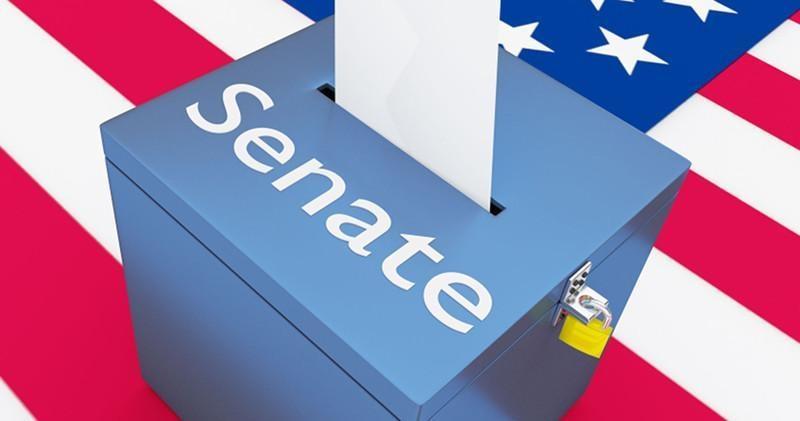
Democrats breathed a sigh of relief last week when Rep. Ruben Gallego decided not to run for the Senate, likely avoiding a primary in the run-up to a competitive general election in Arizona. That’s because “bitter,” “bloody,” and “bruising” seem to be the most commonly used adjectives to describe primaries these days, even though they can serve an important purpose.
Gallego’s decision all but paved the way for retired astronaut Mark Kelly to win the Democratic nomination and focus on challenging appointed Republican Sen. Martha McSally. But while Kelly has had a public profile as a gun control advocate alongside his wife, former Rep. Gabrielle Giffords, he’s never been a candidate for office, and it’s still unclear how he’ll perform.
If Kelly wins in 2020, he’ll be in rare company, considering just one current senator won a competitive general election as a first-time candidate without a competitive primary: Elizabeth Warren, who was first elected in 2012. But her run in Massachusetts was not without some bumps — that’s when she started dealing with questions about her ancestry — and she had to defeat an incumbent. But Warren also had the benefit of being a Democrat running in a Democratic state. Kelly will have less margin for error in Arizona.
Doug Jones didn’t hold elected office before winning the 2017 Senate special election in Alabama, and he didn’t have a competitive primary in that race. But he also ran briefly for the Senate in 2002.
A handful of current Republican senators won as outsiders in their first bids for office, but all of them endured the rigors of a competitive primary, including Rand Paul (Kentucky) and Ron Johnson (Wisconsin) in 2010, and Ben Sasse (Nebraska) and David Perdue (Georgia) in 2014. Mike Lee of Utah (2010) and Ted Cruz of Texas (2012) also won as first-time candidates after enduring competitive primaries, which were more difficult than their general election races in Republican states.
Maine Republican Susan Collins hadn’t held elected office before she was elected in 1996. But she ran unsuccessfully for governor in 1994, and so she had previous experience in the spotlight of a competitive race.
While primaries can sometimes expose ideological differences and drain resources, they can also serve as opportunities for first-time candidates to refine their skills, ramp up their campaign operations, and even deal with negative attacks before the bright lights of a general election. Running for office is difficult, and sometimes having a spirited dress rehearsal can result in a better candidate for the main event.
Primaries don’t have to be a net negative. I’d argue that the 2008 Democratic presidential primary between Hillary Clinton and Barack Obama helped the latter in the general election. It put him in position to win North Carolina and Indiana (which weren’t typically within reach for Democrats) in the general election because there were two, well-funded campaigns organizing voters in the primaries, and those efforts...

